 Wells Fargo & Company faces a robocalling lawsuit alleging violations of the Telephone Consumer Protection Act.
Wells Fargo & Company faces a robocalling lawsuit alleging violations of the Telephone Consumer Protection Act.
The robocalling lawsuit was filed by plaintiff David H., a resident of the State of New Jersey. The lawsuit was filed in New Jersey federal court on June 6, 2018.
David says that in March 2016, he began receiving autodialed phone calls and prerecorded voicemails on his cellular phones. Upon calling a representative from Wells Fargo, he informed the representative that he did not want to receive any more telephone calls to his cell phone. Since the conclusion of that telephone call, however, David claims he received “at least 1402 calls on his cell phone and 20 voicemails.”
The robocalling lawsuit was filed on one count of violation of the Telephone Consumer Protection Act, or TCPA. According to the TCPA, the robocalling lawsuit states, “It shall be unlawful for any person within the United States, or any person outside the United States . (A) to make any call (other than a call made for emergency purposes or made with the prior consent of the called party) using any automatic telephone dialing system or an artificial or prerecorded voice …”
David demands a trial by jury and seeks an award of treble damages.
Overview: Telephone Consumer Protection Act (TCPA)
The TCPA was passed in 1991 by Congress to regulate autodialed calls, telemarketing calls, prerecorded calls, text messages, and unsolicited faxes. Revisions to the TCPA was also made by the Federal Communications Commission in 2012.
Since these changes were made, callers such as telemarketers and debt collectors are requried to obtain prior written consent from consumers before the use of a robocall or artificial or prerecorded voice messaging system. A robocall is a call placed using an automated dialing mechanism or a prerecorded or artificial voice message.
A previous or “established business relationship” is no longer sufficient for consumer contact, and telemarketers were now required to also provide an “opt-out” mechanism to allow consumers to prevent future calls if they requested.
Regulated under the Act is also a National-Do-Not Call Registry that was established in 2003. The registry, further created to protect consumers against telemarketing calls or other nuisance calls, covers all intrastate and interstate calls allowing further consumer protection.
The TCPA applies similar restrictions to unsolicited faxes and to calls and text messages sent to mobile devices.
For each call that violates the TCPA, a consumer may recover up to $500 in statutory damages. That amount may be tripled to $1,500 in cases of willful violation of the TCPA.
If you are a consumer who has received telephone calls in violation of the TCPA, you can take a few steps to document the violations. Some ways to do that include: saving all voice messages; keep a copy of communications that you send to revoke your consent to receive calls; and make a written record of your calls, detailing the date, time, caller’s identity, and summary of the conversation that was made between you and the caller.
The Wells Fargo Robocalling Lawsuit is Case No. 3:18-cv-10228-MAS-TJB, in the U.S. District Court for the District of New Jersey.
Join a Free TCPA Class Action Lawsuit Investigation
If you were contacted on your cell phone by a company via an unsolicited text message (text spam) or prerecorded voice message (robocall), you may be eligible for compensation under the Telephone Consumer Protection Act.
ATTORNEY ADVERTISING
Top Class Actions is a Proud Member of the American Bar Association
LEGAL INFORMATION IS NOT LEGAL ADVICE
Top Class Actions Legal Statement
©2008 – 2026 Top Class Actions® LLC
Various Trademarks held by their respective owners
This website is not intended for viewing or usage by European Union citizens.



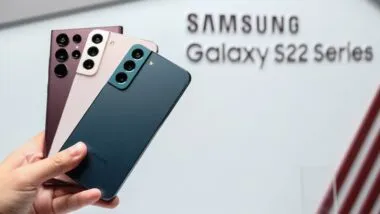
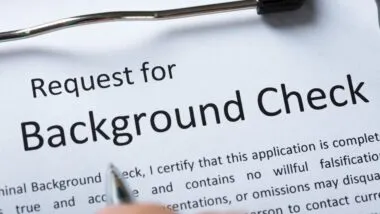
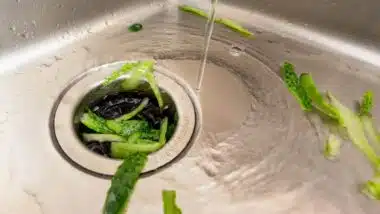


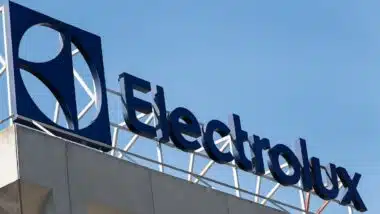


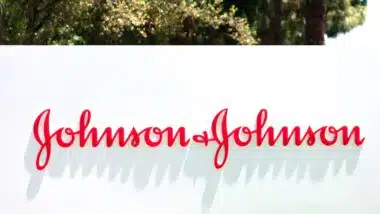



One thought on Man Files Robocalling Lawsuit Against Wells Fargo
They knew I was working and still called. Finally had to get rid of that phone and number. Seems like we see TCPA lawsuits all the time and its still not stopping them. Is it these 3rd party companies and how are they getting our numbers if we are on the DNC registry? To all those marketing companies, “I am recording this call DNC again”.